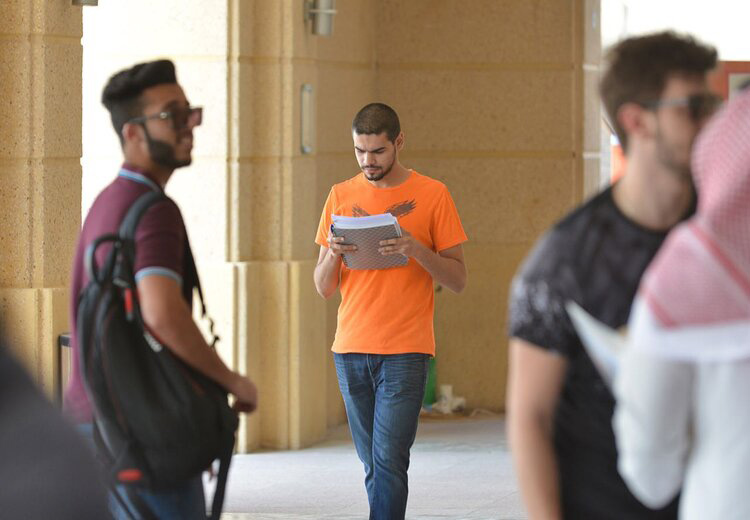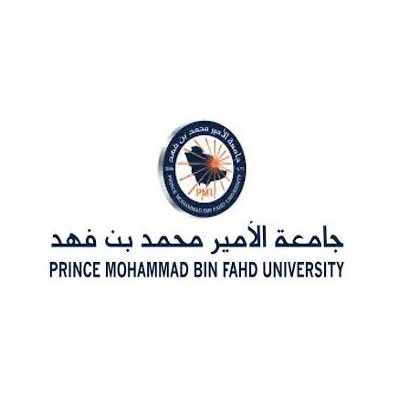Building employability through real-world experience

Sponsored by

Sponsored by

Prince Mohammad Bin Fahd University embeds career readiness into its curricula through industry partnerships and a robust careers service
Students graduating from any university today face an increasingly competitive and complex job market, which is progressively disrupted by technology. At Prince Mohammad Bin Fahd University (PMU) in Saudi Arabia, there are a range of measures in place to ensure students stay ahead of the curve.
“PMU’s approach to developing essential skills in graduates focuses on a well-rounded education that goes beyond technical knowledge,” explains Omar J. El-Moussa, associate vice-president for student affairs at PMU.
PMU’s employability levels are high, with 86 per cent of PMU graduates now in employment. The university’s careers service actively supports those who are not yet employed. “In order for them to adapt and change in this landscape, our alumni need to be aware of these challenges and the need for continuous learning,” says El-Moussa.
“The university emphasises the development of critical thinking, problem-solving, communication and leadership skills. PMU offers various skill-building programmes, workshops and co-curricular activities to help students succeed in their professional lives.”
Experiential learning is one of the ways PMU achieves this. A number of colleges at the university require students to complete internships of more than 90 hours, without which they cannot meet their degree requirements. “It means they can bring reality back into how they engage with their senior projects and they know what’s happening in the real world,” says El-Moussa.
Faculties are in regular contact with employers in their respective industries to ensure the curricula reflect their needs. An active and engaged alumni network keeps those connections alive and relevant.
Around 8,000 former students maintain contact with PMU via a range of channels. They have the option to join virtual meetings or revisit campus to discuss their experiences, and there are workshops, webinars and events where current students can keep track of what’s happening in the industries in which they intend to pursue their careers.
“We actively solicit input from the industry about our alumni and the competencies that are essential in today’s market,” says El-Moussa. The Field Experience Feedback Advisory Council at the university was established in 2012 with the mission of discussing and reviewing information from employers and university alumni. The council relays this information to senior university management to inform the university’s strategies and academic programmes.
Employability and lifelong learning are embedded into the fabric of PMU. The annual homecoming celebrations in the past have included workshops on globalisation, the Saudi labour market and how graduates can develop their leadership skills. Each department is required to have a member from local industry on its board, and internships and work experience are closely monitored by faculty members.
Exposing students to hands-on learning experiences in real workplaces ensures that they build practical expertise and transferable skills that will equip them for an evolving future. “There is enough opportunity for students to apply their theoretical knowledge in real-world situations, but this also helps them to build global competencies, such as problem-solving, teamwork, leadership and adaptability,” El-Moussa concludes.
Find out more about Prince Mohammad Bin Fahd University.